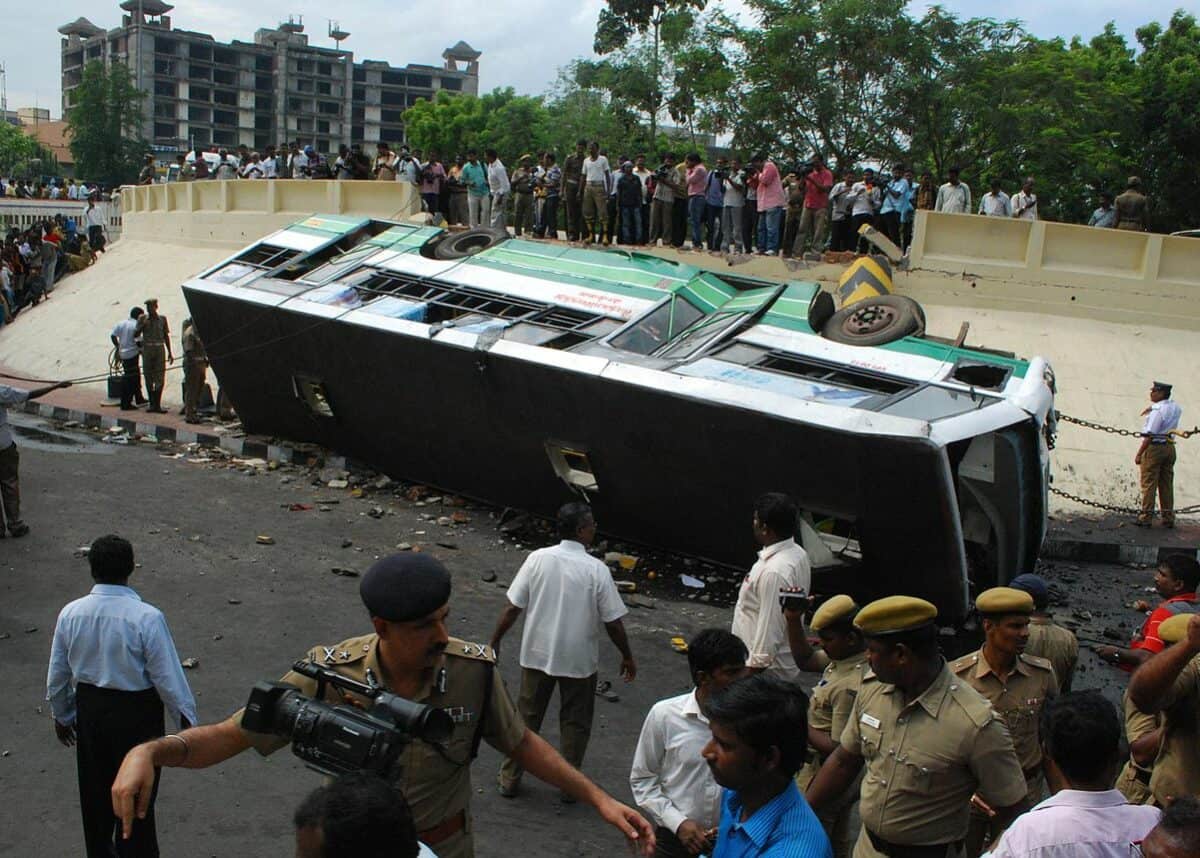Road traffic collisions kill around 1.35-million people every year worldwide, with 93 percent of these occurring in low- and middle-income countries – despite those nations having lower rates of vehicle use.
Why then, is the majority of road safety research undertaken in high-income countries? These were among the questions pondered by an international research team led by the University of Southampton in the UK.
Whereas traditionally research into collisions has focussed on the road users’ immediate environments, the STARS (SocioTechnical Approach to Road Safety) project has taken a broader perspective, looking into the wider social, cultural, economic and regulatory factors that influence people’s behaviour on the roads in various countries.
This has included a study showing how belief in factors such as luck and fatalism affect attention lapses, rule violations and aggressive behaviours in pedestrians.
Religious beliefs are a factor in many countries
Importantly, this study found that results differ across countries. For example, in Bangladesh and Kenya stronger religious beliefs were associated with safer attitudes and behaviours, whereas the opposite was true in countries such as Vietnam and Thailand.
“One of the Sustainable Development Goals of the UN’s Agenda 2030 was to halve deaths and injuries from road traffic crashes by 2020, but it is clear that this has not been achieved,” said Dr Rich McIlroy, Senior Research Fellow in Transportation and Human Factors at the University of Southampton.
Through its research, the project has shed light on the way that often fatal pedestrian behaviour in Bangladesh, for example, is shaped by realities such as the presence of street vendors occupying pavement space, building debris blocking passageways, and unsafe pedestrian footbridges in poor states of repair.
The researchers also learned how drivers of matatus (public service minivans) in Kenya are pressured into driving fast and filling their vehicles beyond safe capacity in order to collect as many fares as possible. This is something that is encouraged by the nature of employment and their pay structures.
Problems dealt with through upper-level structures
The STARS project researchers have concluded that, rather than dealing with the myriad problems at the street level, these are best addressed through upper-level government and policing structures.
For example, road safety policy makers and traffic police must be trained in new and better techniques that will remain in force long after the STARS project ends.
“We want to move away from [the] root ‘cause and blame’ culture towards an understanding of system failure as a complex web of factors that are best addressed at policy, management, and legal framework levels,” McIlroy explained.
Among the projects currently underway is to develop a collision reporting system in different countries. This will then be used by researchers and policy makers to better understand their specific problems and come up with solutions.












